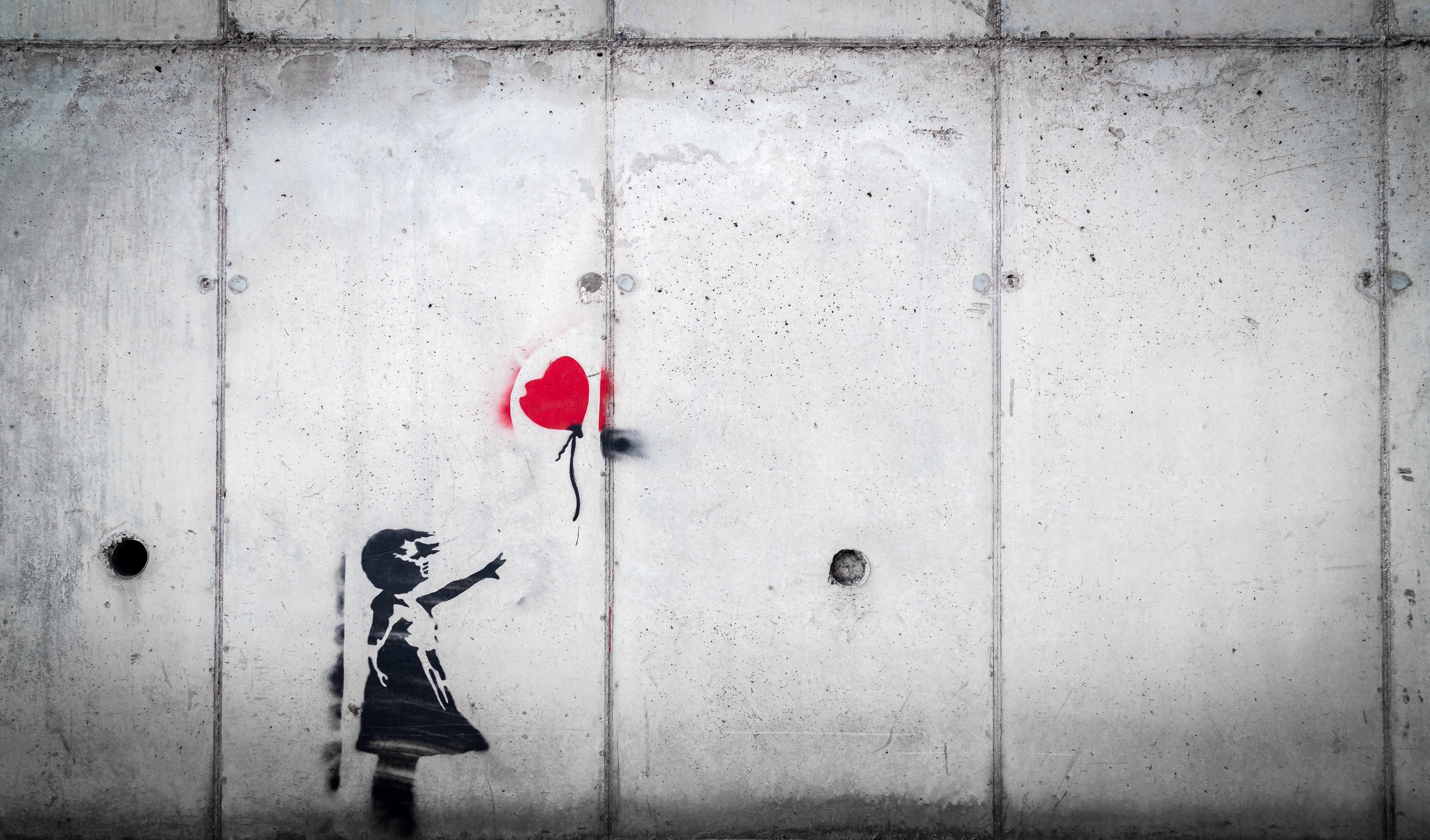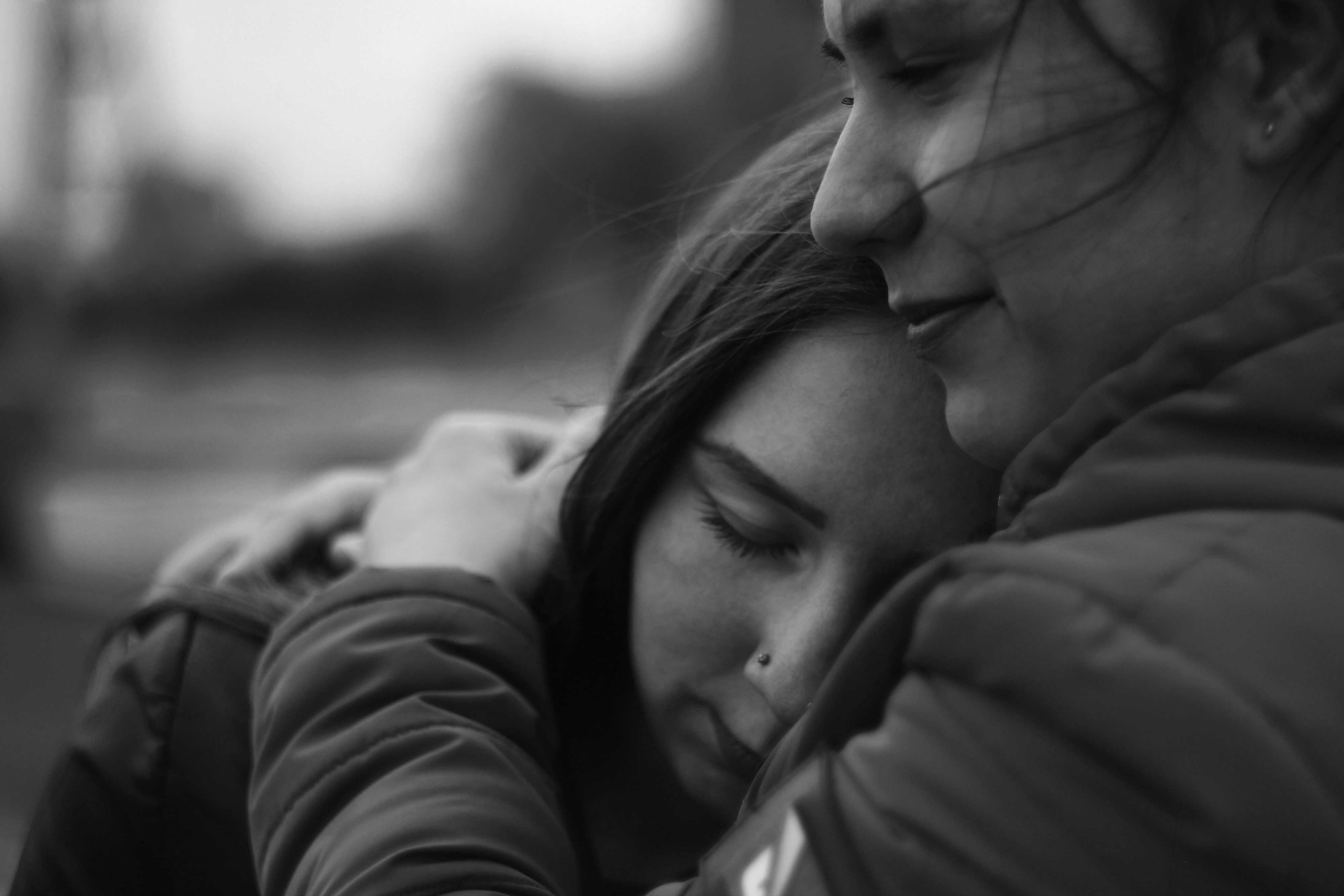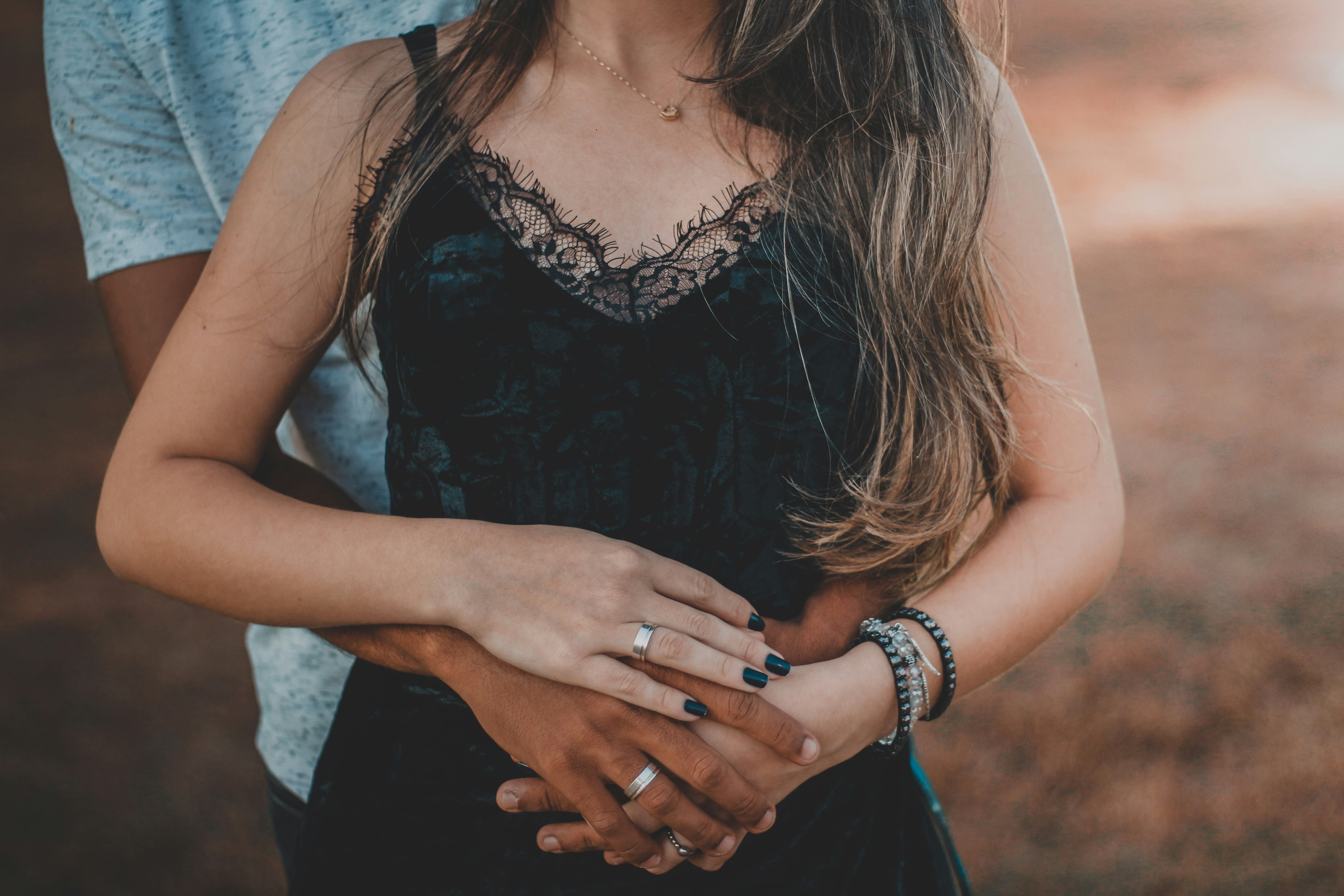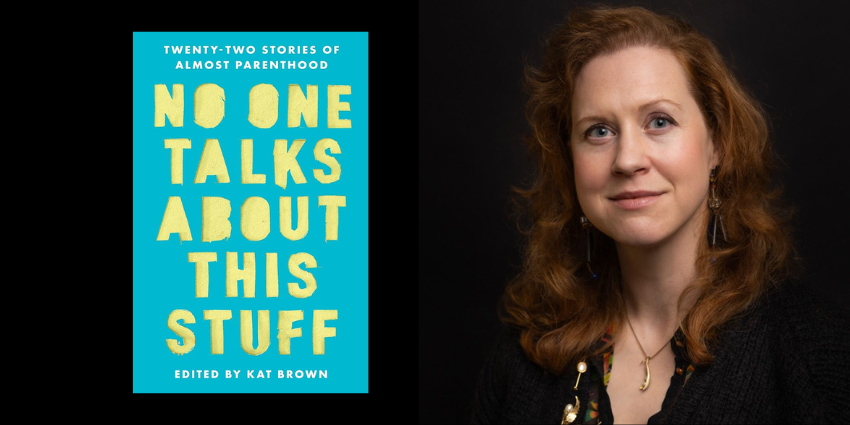Grief never really goes away completely. The best we can do is live at peace with the memories of our loss, or maybe even be lucky enough to derive nourishment and pleasure from them. But even if you reach such a hazy resolution in this way, it can re-emerge at full force when you least expect it to knock you down again. Or at least that's my experience of losing my two babies 12 years ago, born too early to survive in the world outside my womb.
I'd had a time of it getting pregnant in the first place, with irregular menstrual cycles from polycystic ovary syndrome, coupled with a curious shaped womb, so discovering I was pregnant after a year of trying was an extremely happy event. The early scan revealing two heartbeats however was alarming to say the least - I'm of tiny build, and I was barely trusting my womb to contain one baby safely, let alone two. The medics were relatively unfussed however, so I took their lead.
By the time the bleeding had subsided, I'd got to know my two babies quite well - I'd seen them on a screen each week.
It wasn't long before that first scan that I was back in hospital. My early pregnancy was fraught with heavy and terrifying bleeding - the babies continued to grow well, but my womb had torn as a result of stretching quickly for the first time in its life. By the time the bleeding had subsided, I'd got to know my two babies quite well - I'd seen them on a screen each week. But after only a month of relative calm, my pregnancy became tremendously fragile again - by chance, I had spotted my mucus plug had gone. I wasn't in labour, but I knew this meant my cervix had given way. I now know that my curious shaped womb means my cervix isn't strong.
An emergency stitch was put in around my opening cervix, and I was instructed to take it very easy. However, an infection had already made its way to my babies and a few weeks later, I went into labour. My first baby girl was born at just under 23 weeks gestation, followed by her sister 12 hours later. In too much of a state of shock, pain and denial, I was unable to hold them, but my mother and sister did. I since study their photographs and marvel at their tiny and perfect resemblance to their father that my mother had described.
Having a baby at 23 weeks means it isn't deemed a 'legal' person under English law, so I didn't have to register my girls' deaths. One more week inside me and I would have had to, which was something I was desperate to do. I wanted it to be on public record that two persons had died, and those persons were our babies. So, I am technically incorrect when I refer to my 'stillbirths', but a 'late miscarriage', for me, somehow fails to describe the sum of weeks I got to know and love my babies, and the tremendous effort it took for them to grow inside and then leave my body and then be buried, with ceremony, besides the church I was married in.
We aren't good at talking about dead babies, let alone babies who died before term; we aren't good at talking about death.
Years roll by and I still muddle my way through describing the shape of the family I now have. I don't know how to honour the memory of my sons' late sisters without an awkward moment emerging. People tend to find my mentioning of the twins difficult, even now, but more particularly back then, in the agonising long wake of their loss. No-one knew my babies, they hadn't been on earth that long, so it was difficult for others to conceive of the weight of love I'd had for them and the price of grief that that love meant.
With one exception, no-one has asked me what my girls were called, what my labour was like, what they looked like, how they died, where they are buried - they questions I imagine people may tentatively ask if they had died a few months or a year later. We aren't good at talking about dead babies, let alone babies who died before term or indeed may not have even made their first trimester. We aren't good at talking about death.
But alongside a wretched feeling of frustration at times, I am also so very grateful that things have changed for the better. A generation before me, I know that mothers had to go through the agony of never seeing their babies who didn't survive labour, that they may have been taken away to who knows where. I know of mothers sent home to 'try again' with no acknowledgement or support for their loss. The fantastic campaigning work of charities like SANDS and Miscarriage Association has meant that pregnancy loss - whatever the gestation period - is becoming, slowly, an enfranchised grief. But I'd argue there's room for improvement.





